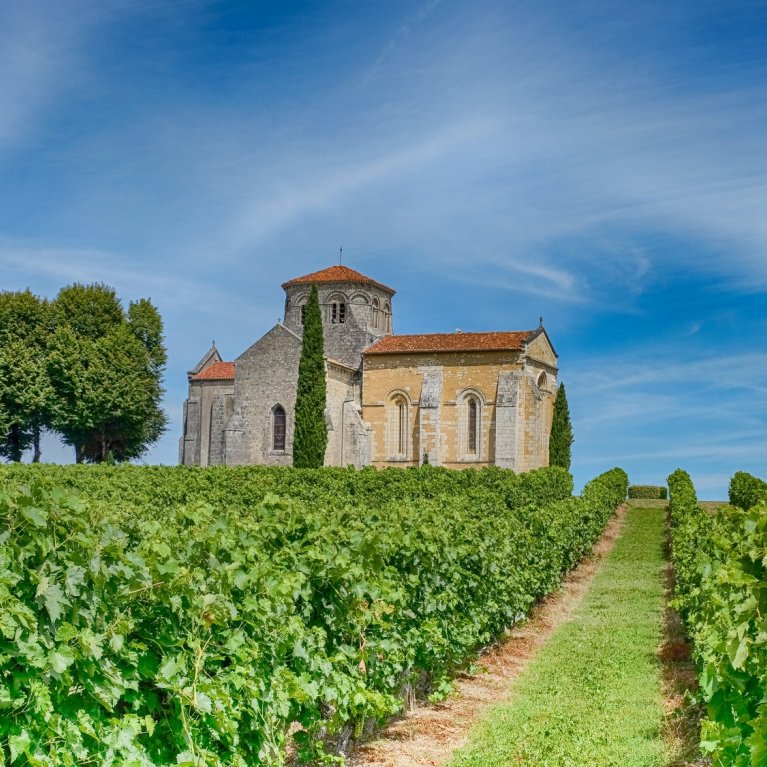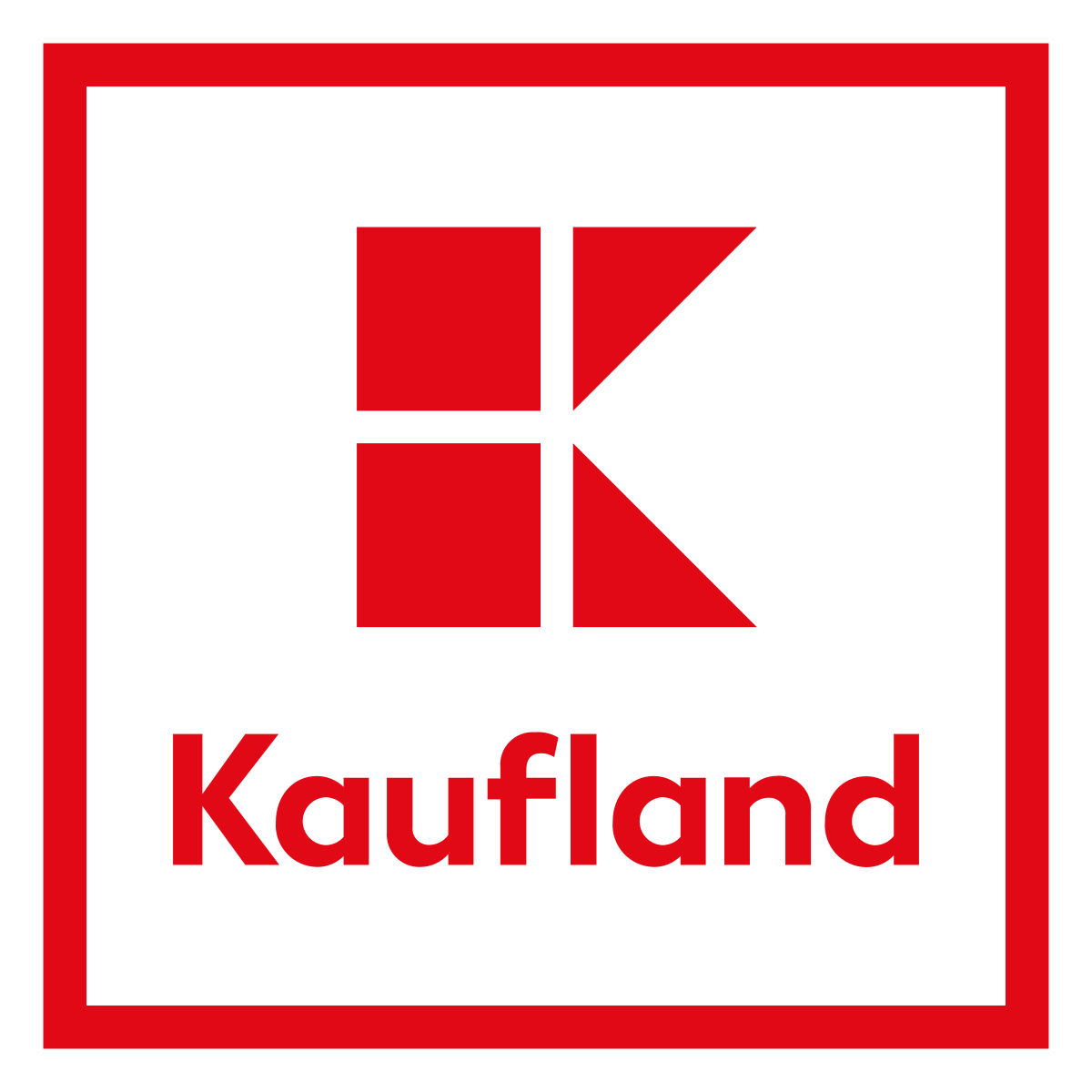Buy Cognac: From the heart of the winesaIn the homeland of Cognac, the grapes are pressed in late autumn right after the grape harvest so that you can buy the best Cognac. The must produced is fermented and after the passage of 14 days reaches an alcohol content of between 7 and 12 percent, with 8.5 to 9.5 percent considered ideal. The addition of sugar is prohibited during the pressing process.
Only traditional wooden presses or pneumatic presses are used for pressing. Turbidity or oxidation should be largely avoided. The use of endless presses, the so-called "Archimedean screws", is also prohibited because the drastic crushing of seeds and grape stems releases all kinds of bitter substances. After all, no one wants to buy a bitter cognac.
Cognac is distilled in distilleries using the so-called "Charentais distillation method." In this process, the distillate is heated in a still, the alcoholic vapors generated pass through the so-called spirit tube into the cooler and, meanwhile liquefied again, through the Florentine bottle back into the still. The distillation process in the stills, which have been used since time immemorial, is carried out twice to an alcohol content of initially 72.4 percent. However, this is not yet the way to buy and enjoy cognac.
By the way: In comparison, German brandy can have an alcohol content of 86 percent. However, this does not mean that German brandy producers also make full use of this leeway and that you can actually buy such a cognac.
But back to the Cognac: In the further process, the yeast used for must fermentation is not removed. This is also the reason for the characteristic fragrant cognac aromas that you will notice when you buy and smell cognac. The distillates are then stored at the cognac companies and, after reaching a certain maturity, are blended, i.e. "married" together, according to age, location and taste characteristics, similar to the whiskies in Scotland and Ireland. From this point you can buy and enjoy the first cognacs. However, you can also choose from an exciting selection to buy whisky in our shop.
The real secret of excellent cognacs from our cognac store, however, lies in the storage. Ultimately, the cognac flavors that Britain's renowned wine critic Hugh Johnson called "the condensed soul of the evaporated vine" are then created. If you're already hearing this term, you should immediately get a taste for it and buy your next cognac.
Limousin wood barrels are where the aging processes take place. They have capacities of 270 or 450 liters. The wood of the barrels is particularly large-pored and usually comes from a species of holm oak that grows near Limoges. Depending on the desired quality, the cognac is given four to fifty years to mature - quality that you will notice when you buy cognac. During the period of maturation, the previously colorless distillate absorbs colorants from the barrel wood. In addition, the alcohol combines with the tannic acids contained in the wood and with the oak sugar to form that special grape bouquet that the connoisseur so appreciates when buying Cognac. At the same time, the volatile aldehydes evaporate through the wooden pores of the storage barrel, along with their harsh and scratchy petrol taste. Thus, the cognac becomes milder, more floral and more expressive from year to year. However, the original quantity decreases by about one percent over the course of a year. This process comes to a halt after the cognac has been diluted down from the barrel with demineralized or distilled water to drinking strength, i.e. a minimum alcohol content of 40% by volume, and as soon as it has been drawn into bottles. Therefore, it is also pointless to want to let a cognac purchased in the cognac store after buying cognac continue to mature in your own cellar, about as is quite common with good wine.
But an overly extended storage time in the barrel can also do the respective cognac no good. The still widespread misconception that a cognac from the time of Napoleon Bonaparte, for example, is the superior of all pleasures is based on a clear misjudgment of the facts. If you buy Cognac today, you can rather listen to the advice of Georges Roulet, owner of the renowned Maison Roullet-Fransac, who named the ideal aging period for a good Cognac as between 25 and 40 years.






























































































 Login with Amazon
Login with Amazon